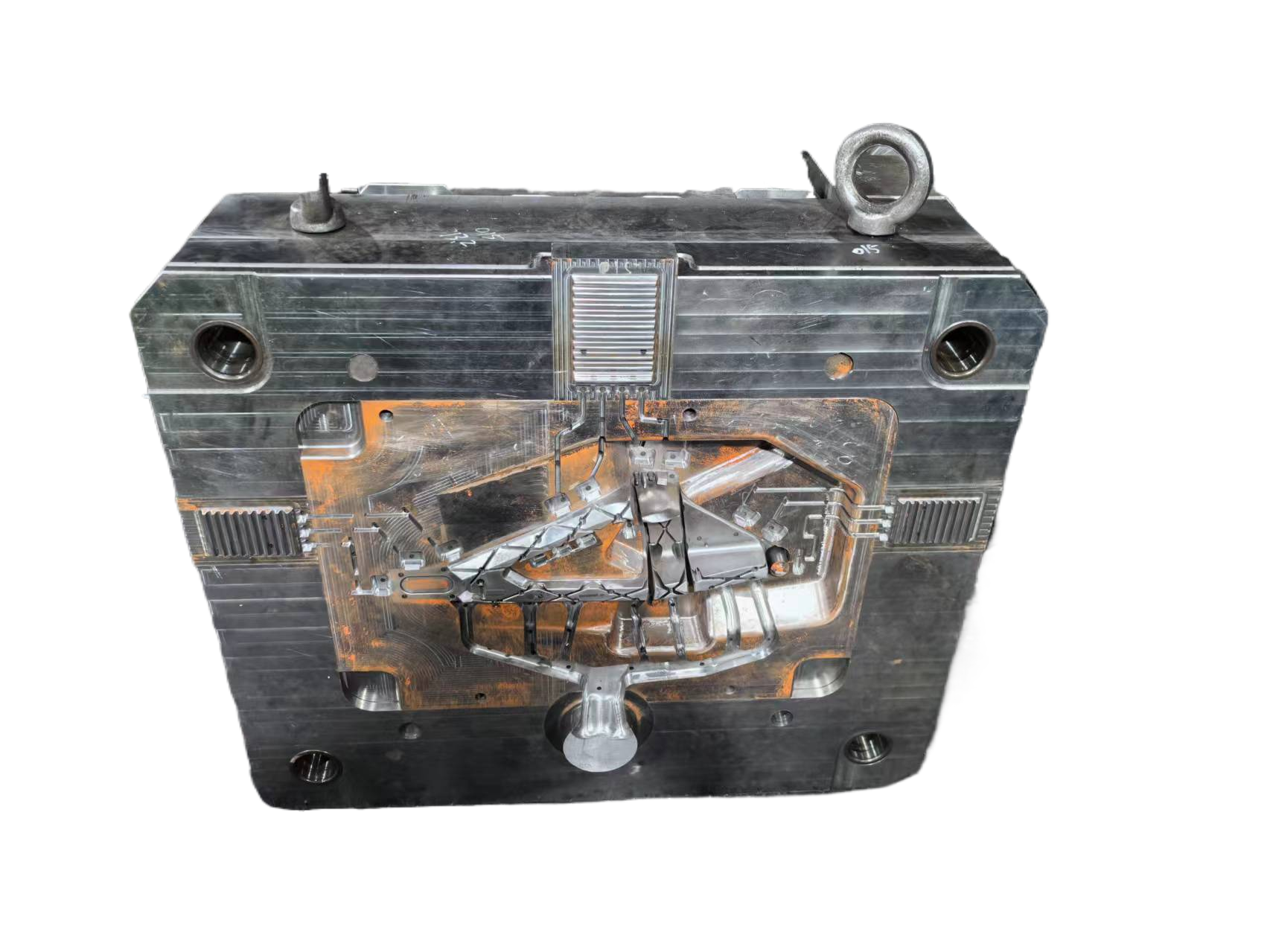Email format error
Email cannot be empty
Email already exists
6-20 characters(letters plus numbers only)
The password is inconsistent
Email format error
Email cannot be empty
Email does not exist
6-20 characters(letters plus numbers only)
The password is inconsistent


Choosing the Right Die Casting Mold Materials: A Guide by Seipo
Choosing the Right Die Casting Mold Materials: A Guide by Saige
In the world of die casting, the quality of your mold material can make or break your production process. At Seipo, we understand that selecting the right mold materials is crucial to producing high-quality, durable products. This article will guide you through the factors to consider when choosing die casting mold materials and how Saige ensures the best outcomes for your projects.
Why Mold Material Matters in Die Casting
-
Durability and Longevity
- The right mold material ensures that your die casting mold can withstand the high pressures and temperatures of the casting process, leading to longer mold life and reduced downtime.
-
Precision and Quality
- High-quality mold materials enable the production of precise and consistent parts, reducing the need for post-production machining and increasing overall product quality.
-
Cost Efficiency
- Choosing the right material can optimize your production costs by minimizing wear and tear, reducing maintenance needs, and ensuring efficient production cycles.
Key Factors in Choosing Die Casting Mold Materials
-
Thermal Conductivity
- Good thermal conductivity is essential to ensure quick and even cooling of the cast part, reducing cycle times and improving productivity.
-
Strength and Hardness
- The mold material must have sufficient strength and hardness to resist the high pressure and abrasive nature of the molten metal. Common materials include tool steels like H13, known for their toughness and durability.
-
Resistance to Thermal Fatigue
- Repeated heating and cooling cycles can lead to thermal fatigue. Materials with high thermal fatigue resistance ensure the longevity of the mold.
-
Corrosion Resistance
- Certain metals, like zinc and aluminum, can cause corrosion. Using materials with good corrosion resistance helps in maintaining the integrity of the mold over time.
Common Mold Materials in Die Casting
-
H13 Tool Steel
- Widely used in the die casting industry, H13 tool steel offers excellent thermal fatigue resistance, toughness, and hardness, making it ideal for high-pressure applications.
-
Copper Alloys
- Copper alloys are chosen for their superior thermal conductivity, which helps in rapid cooling of the cast parts. However, they are typically used in specific applications due to their higher cost.
-
Maraging Steel
- Known for its high strength and toughness, maraging steel is used for molds that require exceptional durability and resistance to cracking.
-
Aluminum Alloys
- In some cases, aluminum alloys are used for lower volume production due to their lightweight and good thermal conductivity.
How Saige Ensures the Best Mold Material Selection
-
Expert Consultation
- Our team of experts works closely with you to understand your specific production needs and recommends the best mold materials based on the type of metal being cast, production volume, and budget.
-
Advanced Analysis
- We utilize advanced software and analytical tools to simulate the die casting process, ensuring that the chosen mold material will perform optimally under production conditions.
-
Quality Assurance
- At Seipo, quality is our top priority. We conduct rigorous testing and quality assurance processes to ensure that our molds meet the highest standards of durability and performance.
-
Customized Solutions
- We provide customized mold material solutions tailored to your specific requirements, ensuring that you get the best possible results from your die casting projects.
Contact Seipo for Your Die Casting Needs
Choosing the right die casting mold material is a critical step in ensuring the success of your production process. At Saige, we bring years of expertise and a commitment to quality to help you make the best choice. Contact us today to learn more about our die casting services and how we can support your manufacturing goals.
Seipo – Your Partner in Precision and Quality Die Casting.

